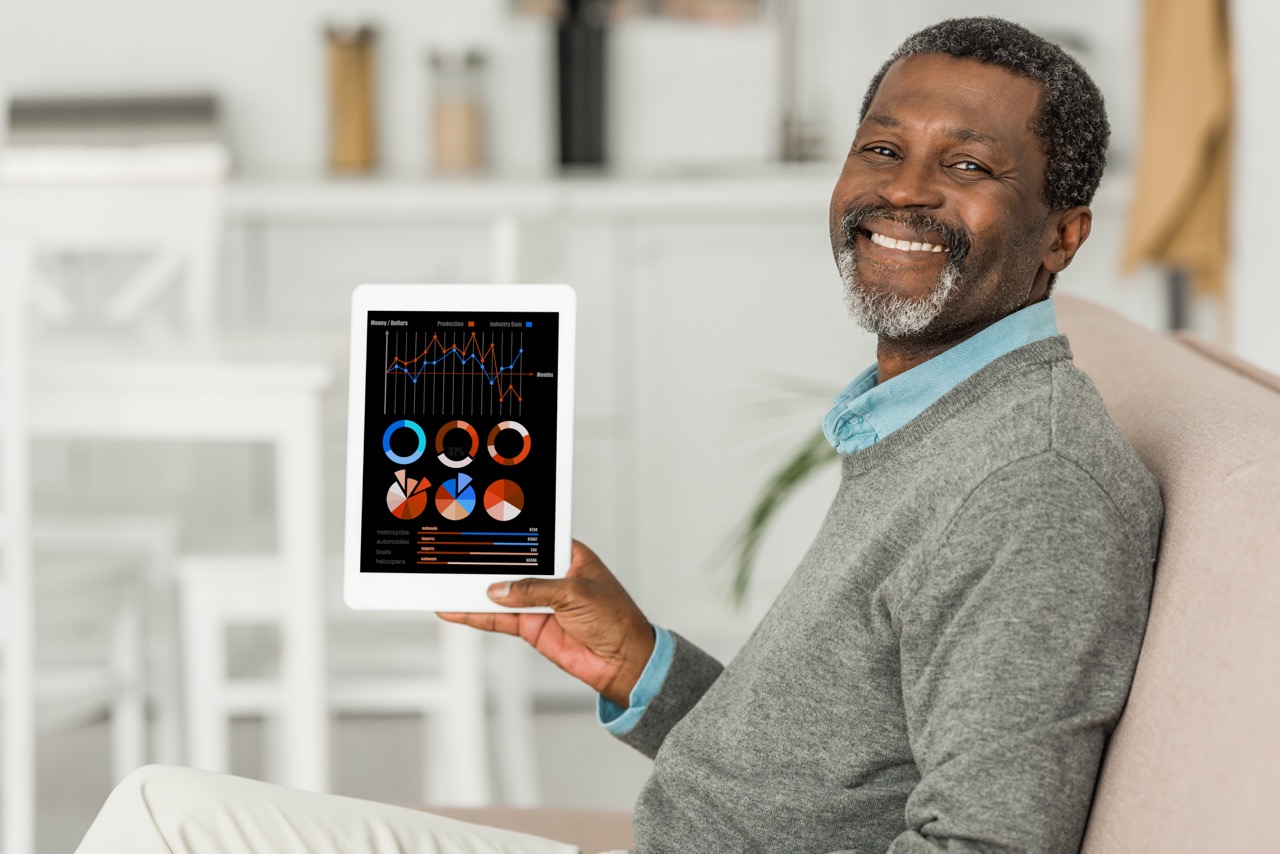In today’s fast-paced world, Artificial Intelligence (AI) is transforming lives across all age groups, offering unprecedented opportunities for enhancement and convenience. Seniors, in particular, stand to gain significantly from the integration of AI into their daily routines. This blog explores the myriad ways AI can be harnessed to improve the quality of life for the elderly, making their everyday experiences safer, more comfortable, and increasingly autonomous.
Health Monitoring and Management
One of the most impactful applications of AI for seniors is in health monitoring and management. Wearable devices like Fitbit or Apple Watch can track vital signs, detect falls, and even predict potential health issues before they become severe. AI-powered applications such as Medisafe use machine learning to remind seniors to take their medication at the right time and monitor their adherence to treatment plans. This proactive approach to health care empowers seniors to maintain their wellness with greater independence.
Enhancing Social Connectivity
Loneliness and social isolation are significant challenges for many seniors. AI can bridge this gap through platforms like Skype and Zoom that facilitate video calls, allowing the elderly to stay in touch with their friends and family. AI chatbots like Replika can offer companionship, engaging seniors in meaningful conversation, and providing cognitive stimulation to keep their minds active. These technologies make it easier for seniors to stay socially connected, even from the comfort of their own homes.
Simplifying Daily Tasks
AI-driven voice assistants like Amazon Echo and Google Home can significantly simplify daily tasks, making homes more senior-friendly. With simple voice commands, seniors can control lighting, temperature, and entertainment systems, or make phone calls and send messages without the need to navigate complex gadgets. Smart appliances like the Samsung Family Hub refrigerator can assist in meal preparation by suggesting recipes based on the ingredients available, while robotic vacuums like the Roomba keep the home clean, reducing the physical strain on seniors.
Navigation and Transportation
For seniors who face challenges in driving or navigating public transportation, AI offers solutions to enhance their mobility. Ride-sharing apps like Uber and Lyft provide safe and reliable transportation, while GPS apps with voice guidance, such as Google Maps, help seniors navigate their journeys with ease. This enhances their independence and ability to participate in community activities, attend medical appointments, and visit loved ones without relying on others for transportation.
Personalized Learning and Entertainment
AI can tailor learning experiences and entertainment to suit the individual preferences of seniors. Streaming services like Netflix and Spotify use AI algorithms to recommend movies, shows, and music based on previous viewing and listening habits. Online platforms like Coursera offer courses tailored to a wide range of interests, enabling seniors to explore new hobbies and continue learning from the comfort of their home. This not only enriches their lives but also helps in keeping their minds sharp.
Ensuring Safety and Security
AI-powered home security systems like Ring and Nest provide seniors with a greater sense of safety, featuring automatic alerts to emergency services, facial recognition technology to identify known visitors, and anomaly detection to spot any unusual activity around their homes. These systems allow seniors to feel secure, offering their families peace of mind knowing that their loved ones are safe.
Conclusion
AI is not just a tool for the younger generation; it’s a technology that transcends age, offering benefits that can significantly enhance the quality of life for seniors. By adopting AI into their daily routines, the elderly can enjoy a more comfortable, connected, and independent life. As technology continues to evolve, the potential for AI to support seniors in their golden years is boundless, promising a future where age is but a number, and living well is accessible to all.
